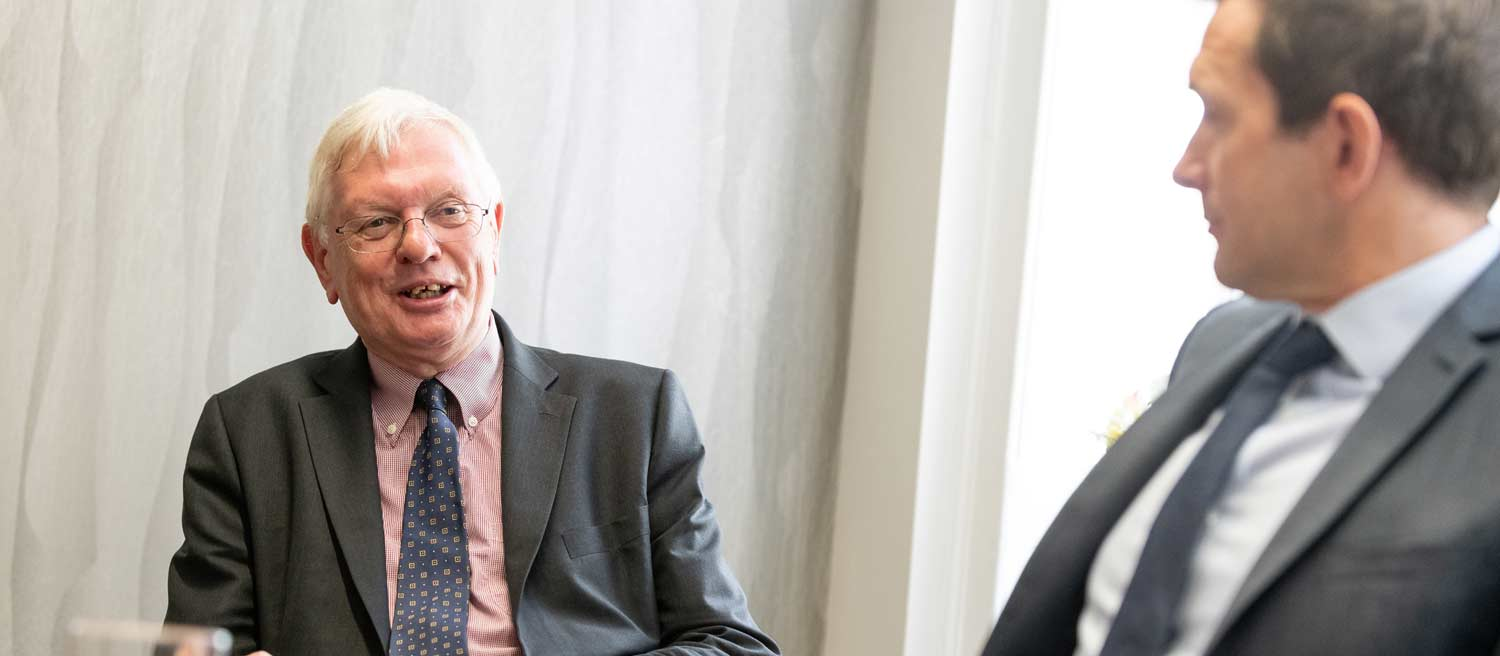March 26th 2025
Use of s.238 to remedy a breach of the pari passu principle
An insolvency case law update prepared by Charlotte May, Associate Director at Manolete Partners Plc.
Charlotte is Regional Associate Director, based in the South West and Wales. She is experienced in complex commercial disputes with specialist expertise in property, negligence and insolvency. Charlotte qualified as a solicitor in 2009. In December 2018, Charlotte joined Manolete from national firm Burges Salmon LLP where she worked on high profile retail and property insolvencies.
Use of s.238 to remedy a breach of the pari passu principle
Bonney and Newell v Barker and Fastfit Station MK Ltd (Re Fastfit Station in liquidation) [2023] EWHC 496 (Ch)
The usual method to recoup payments made by an insolvent company to creditors in breach of the pari passu principle is to claim a preference under s.239 of the Insolvency Act 1986.
Where a company is facing insolvency, directors will need to take care that payments to creditors are not viewed as preferences, particularly if they intend to use a newco to continue trading with the same creditors. In any case, the focus of a preference claim is on the preferred creditor as recipient of the company’s funds.
However, how can an office holder pursue payments diverted from the company but applied by a newco to pay creditors? This situation arose in Re Fastfit.
Fastfit (“Company”) was a tyre fitting business which was undoubtedly insolvent as it filed a notice of intention to appoint administrators on 2 April 2014 and administrators were appointed on 15 April 2014. The Company shortly thereafter entered liquidation on 8 August 2014.
In the period between the notice of intention and the appointment of administrators, customer payments of £110,345 due to the Company were diverted to a newco as new electronic payment terminals had been installed at the business. The director claimed this was because he anticipated the Company’s bank account would soon be frozen. The defendant director and newco claimed that most of the payments were applied by the newco to pay the Company’s creditors.
However, a preference claim would not be open to the office-holders because the preferences themselves were not made by the insolvent company. Instead, the liquidators pursued the payments as transactions at an undervalue under s.238 as well as breach of duty against the director.
The director and the newco argued that the diverted payments could not constitute “transactions” entered into by the Company for s.238, as the Company was not party to the payments. The Court disagreed because the payments were due to the Company as creditor of the customers and the funds were actively diverted at the direction of the Company; i.e. the directors installed new card machines and caused the customers to pay the newco.
The payments to the newco were gratuitous and therefore undoubtedly made at an undervalue. How the funds were managed by the newco was entirely at the discretion of the newco and its mutual director. At paragraph 70: “The fact that the directors of [newco] chose to make payments which primarily benefited that company but incidentally discharged some liabilities of the Company does not mean that that those payments are to be regarded as forming part of a composite transaction […]. The decision to make those payments was entirely within the gift of [newco]”. As a result, the Court distinguished the case from Philips v Brewer Dolphin Bell Lawrie Ltd where the payments formed a composite transaction for the benefit of the Company. Further, newco’s payments to the Company’s creditors were for the benefit of the newco, not for the Company to continue trading.
On the question of loss, the newco argued that the Company’s debts had been discharged with the funds and thus the Company was no worse off. The Court did not agree and determined that the payments to the newco had been to “subvert the insolvency regime and the pari passu principle” [para 73]. The remedy was an order that the newco to repay the funds received. Newco would be subrogated to the rights of the creditors it had discharged but it would have to prove in the Company’s liquidation for those debts. If the newco could not pay, then the directors were liable for breach of duty to repay the Company.
This case demonstrates that a transaction at an undervalue under s.238 can be used to pursue indirect payments which might otherwise be reviewed as a preference, particularly where the benefit of the payments was for the newco and not the insolvent company.
The legal position outlined in this article is correct as of the date of original publication in IPA’s Newsletter in February 2025. Readers should verify whether any subsequent legal developments have affected the position stated here.
